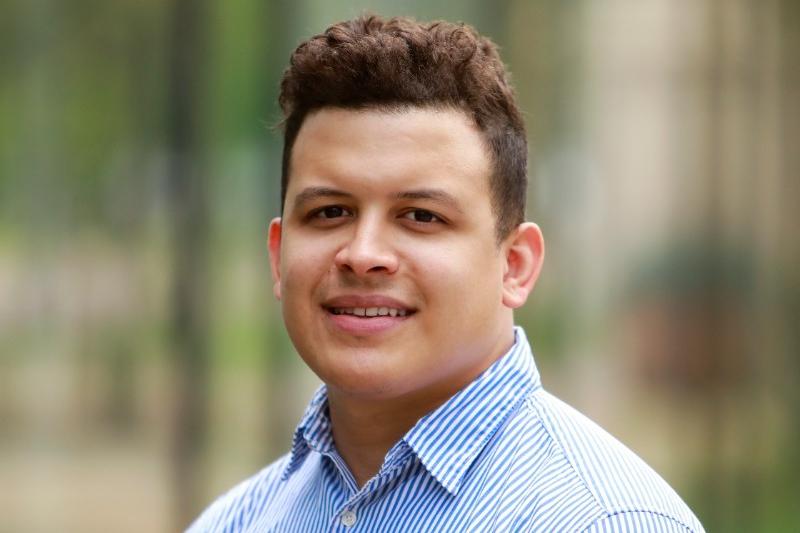
Speaker
Dr. Edwin Alfonzo, Caltech
The Department of Chemistry is excited to host Dr. Edwin Alfonzo (Caltech University) on Thursday, February 13, 2025 for a departmental seminar.
"Biomimetic Strategies for Lignan Synthesis and New-to-Nature Nitrene Transfer Reactions"
Classical lignan (CL) natural products are of significant interest due to their broad spectrum of potent biological activities, leading to FDA-approved agents like etoposide and podophyllotoxin and multiple clinical candidates. The chief source for CLs, however, remains natural sources, constraining medicinal chemists to semi-synthetic modifications and limiting deeper biological studies. The first part of the talk will describe a de novo synthetic approach inspired by Nature's biosynthetic blueprints toward CLs. By leveraging designer photoredox catalysts, a highly selective, convergent, and modular [3+2] dipolar cycloaddition was developed, providing access to a key intermediate that was advanced to all eight CLs. The developed synthetic approach provides efficient access to CL analogs, enabling structure-activity relationship studies and library synthesis for biological testing.
The second part of the talk will describe efforts in repurposing and evolving natural heme proteins into biocatalysts capable of catalyzing new-to-nature nitrene transfer reactions. Specifically, the development of enantiodivergent enzymes that allow access to L- and D-noncanonical amino acids, critical in developing modern therapeutics, will be described. The discovery of enantiodivergent enzymes was facilitated by creating a high-throughput experimentation workflow that connected sequence-activity-selectivity data, enabling the identification of highly active and selective enzymes. I will close by sharing our discovery that nitrene transferases could process abiotic boronic acids into their corresponding amines through a stereospecific 1, 2-metallate shift mechanism. This finding opens new opportunities in biocatalysis by demonstrating that boronic acids, commonly used as precursors in transition-metal-catalyzed cross-coupling reactions, can play a similar role with metalloenzymes.
To learn more about Dr. Alfonzo, please visit: https://www.asbmb.org/asbmb-today/people/050824/mosaic-scholar-explores…
Seminar hosted by Prof. Matthew Becker
Event Series
Chemistry Seminar Series